Apple Needs a New Hit Soon, But What?
With iPhone sales growth slowing, attention is turning to what Apple could unveil as its next big product.
It may seem strange to talk about a company that just reported record quarterly sales and profits as if it needs a lifeline, but Apple finds itself in an uncertain position even after racking up $75.9 billion in holiday sales and turning an $18.4 billion profit during its fiscal first quarter. With sales growth flat or falling for the company’s most recognizable products, Apple finds itself in need of something new to keep its fortunes flying high.
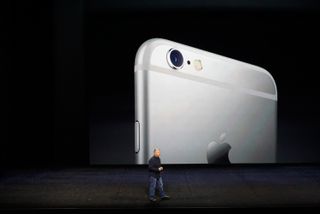
Much of the fretting over Apple’s future centers around iPhone sales. Apple sold 74.8 million phones during the quarter — again, a record number — but that was essentially unchanged from the 74.5 million it sold during the same quarter a year ago. With iPhone sales accounting for roughly two-thirds of Apple’s revenue, any sign that people have stopped buying the company’s phones at the breakneck pace we’ve grown accustomed to is going to make Wall Street nervous.
MORE: iPhone 6s and 6s Plus Review: Pushing Smartphones Forward
Meanwhile, Apple’s other business saw sales shrink during the holiday quarter. Apple sold 4 percent fewer Macs than it did a year ago (though Apple notes that sales for the entire PC industry fell 11 percent during that time) while iPad sales continued their slide, falling 21 percent year-over-year. Apple offered little relief in its forecast for the coming quarter: It’s expecting revenue between $50 and $53 billion for the three-month period ending in March. Apple reported revenue of $58 billion during that quarter in 2015, so if Apple’s forecast pans out, it will be the first quarterly sales decline since 2003.
Stack those grim numbers next to each other, and it’s easy to see why people might be wondering what’s next for Apple and whether the company has another iPhone-style product line up its sleeve.
"Apple has significantly increased R&D expenses and has recently hired people with automotive and VR experience, so it is clearly working on more than just iterative new iPhones." — Avi Greengart, Current Analysis
That said, long-time Apple watchers caution against getting too caught up in the iPhone’s sale figures. “iPhone is so big, so unique, that it distorts perceptions around Apple,” said Rene Ritchie, editor-in-chief of iMore and executive producer of Mobile Nations Broadcasting.
Jason Snell, a former Macworld editor-in-chief now running his own Apple-centric website at Six Colors, is even more blunt. “I’d question the assumption that a company making $54 billion in profit needs to branch out,” said Snell, who’s also contributed to Tom’s Guide. “If people keep buying new iPhones every year or two and spending money in Apple’s growing Services category (mostly apps, plus music and video products), that’s an enormous ecosystem.”
Sign up to get the BEST of Tom's Guide direct to your inbox.
Get instant access to breaking news, the hottest reviews, great deals and helpful tips.
In fact, Apple made a point in its earnings briefing with analysts Tuesday of noting that it has an active installed base of 1 billion devices, which it defines as iPhones, iPads, Apple Watches, Apple TVs and iPod touches that have engaged with its services at least once in the last 90 days. That’s helping Apple’s revenue from services like iTunes, Apple Music, its iOS App Store and Apple Pay pick up steam. Revenue from services rose 15 percent during the last quarter to $5.5 billion.
“Apple’s next move is to use iPhone to build and enhance the value of everything else, including apple Pay, Apple Music, HomeKit accessories, HealthKit peripherals and more,” Ritchie said.
MORE: Apple to Launch 4-inch iPhone in March (Report)
Apple would also argue that it’s a bit premature to write-off the iPhone. Apple said it tallied the highest number of users switching from Android to the iPhone during the last quarter — “We were blown away by the level of Android switchers,” Tim Cook told analysts — and the company expects to grab its share of smartphone sales in overseas markets. Cook said that 60 percent of existing iPhone users had yet to upgrade to an iPhone 6 or later.
Avi Greengart, research director for consumer platforms and devices with Current Analysis, agrees that Apple has room for more sales growth from both existing iPhone owners who upgrade to new models as well as from emerging markets like China and India. “That said, it is clear that Apple has already captured a large portion of the premium smartphone market,” he said.
"Impatient people will complain that Apple isn’t releasing a revolutionary product every six months, but those people don’t have a good grip on how reality works." — Jason Snell, Six Colors
That’s not necessarily a problem — “Stabilizing sales at this absurdly high and absurdly profitable level is not a bad thing for Apple,” Greengart added — but it does mean that Apple finds itself without a blockbuster product for the first time since the turn of the century. So what’s Apple’s next hit in the same vein as the iPod in 2001 and the iPhone in 2007?
Snell believes Apple will continue to develop its key product areas, adding services that keep users firmly enmeshed in Apple’s ecosystem while looking to new products that further expands the company’s reach.
“Impatient people will complain that Apple isn’t releasing a revolutionary product every six months, but those people don’t have a good grip on how reality works,” Snell added.
Good grip or not, Apple has several potential candidates for its Next Big Thing, though each one faces its own set of challenges.
Apple Watch
Hit Potential: Apple’s smartwatch had its strongest quarter ever during the holidays, Apple said, though the company didn’t break out specific sales numbers. Earlier this month, Juniper Research said the Apple Watch made up 52 percent of global smartwatch shipments in 2015, a sign that Apple’s watch is becoming the same kind of dominant player that the iPhone has been in smartphones.
Challenge: The demand for smartwatches isn’t anywhere the size of the smartphone market, with most people still not convinced they need a wristwatch with a $349 starting price. Throw in the fact that the Apple Watch still needs to pair with an iPhone to deliver nearly all of its functionality, and this remains a niche product.
Apple TV
Hit Potential: Like the Apple Watch, the Apple TV just enjoyed its best quarter of sales. And Cook says that the number of apps being developed for Apple’s redesigned set-top box is growing, with 3,600 currently available.
Challenge: That’s a nice number of apps, given that the remodeled Apple TV has only been available for a short time, but it’s a far cry from the 1.5 million apps that make up Apple’s powerhouse App Store for its mobile devices. And Apple’s other TV efforts — like a rumored streaming TV service —have yet to materialize. The new Apple TV may be “a foundation for the future of TV,” as Cook called it Tuesday, but it’s a foundation Apple still has to build on.
Apple Car
Hit Potential: Apple is reportedly lining up test locations for an electric vehicle it hopes to ship by 2019. And the chief executive of car maker Daimler suggested that Apple is further along in its still-unannounced automotive project than he had assumed.
Challenge: We’re still three years away from that ambitious 2019 ship date. And the head of Apple’s electric car project has reportedly left the company.
Virtual Reality
Hit Potential: Apple just hired a virtual reality expert, prompting one Wall Street analyst to ask Cook what he thought about VR during Tuesday’s briefing. “In terms of VR, I don't think it's a niche,” Cook said. “It's really cool and has some interesting applications.”
Challenge: That’s not exactly a definitive announcement. Any work Apple’s done on VR has been behind closed doors, with the company lagging behind the VR efforts of Oculus, Samsung, HTC and Sony.
Outlook
Apple’s next major product may be yet to emerge. But don’t count the company out just yet. “Apple has an incredibly rich and sticky iOS ecosystem, happy customers, and a strong brand, giving it a strong foundation to build whatever is next,” Greengart said. “Apple has significantly increased R&D expenses and has recently hired people with automotive and VR experience, so it is clearly working on more than just iterative new iPhones.”
Philip Michaels is a Managing Editor at Tom's Guide. He's been covering personal technology since 1999 and was in the building when Steve Jobs showed off the iPhone for the first time. He's been evaluating smartphones since that first iPhone debuted in 2007, and he's been following phone carriers and smartphone plans since 2015. He has strong opinions about Apple, the Oakland Athletics, old movies and proper butchery techniques. Follow him at @PhilipMichaels.
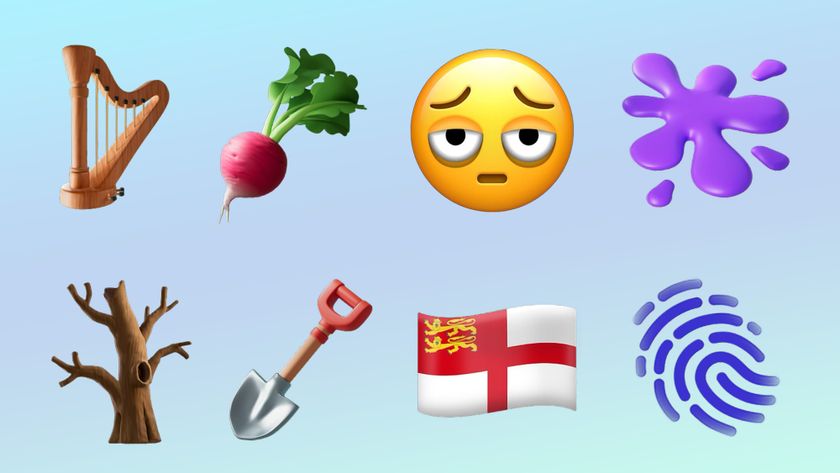
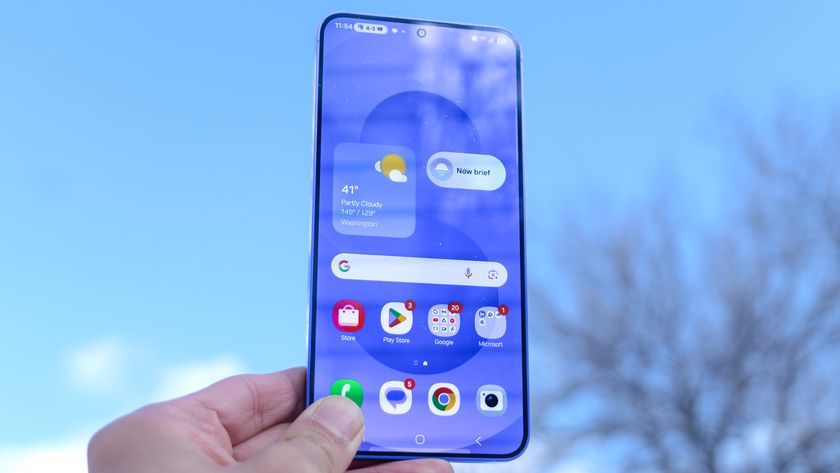
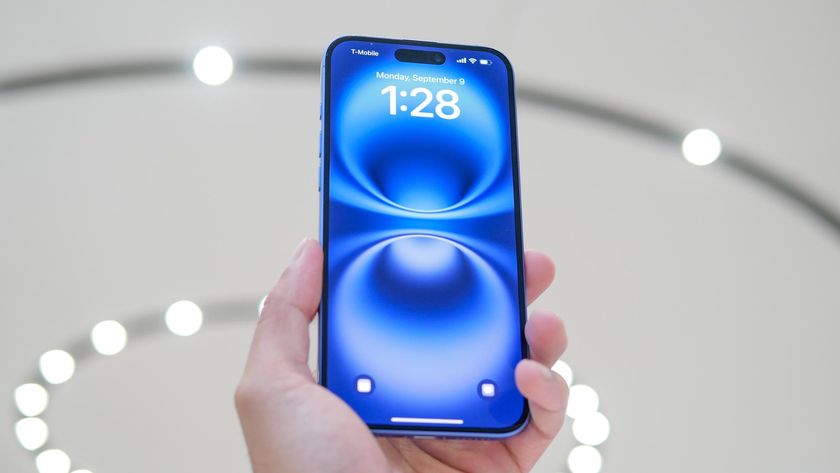
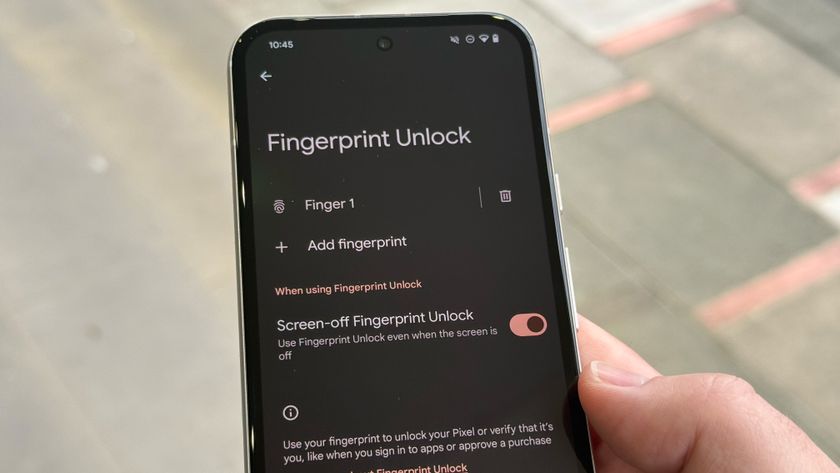
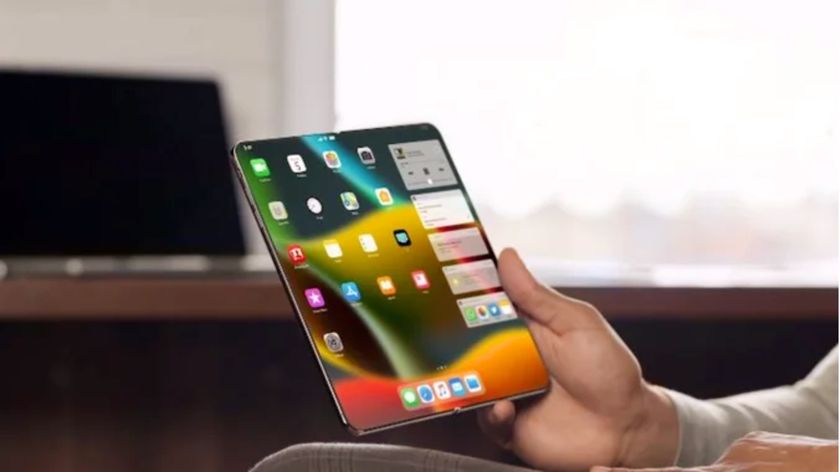
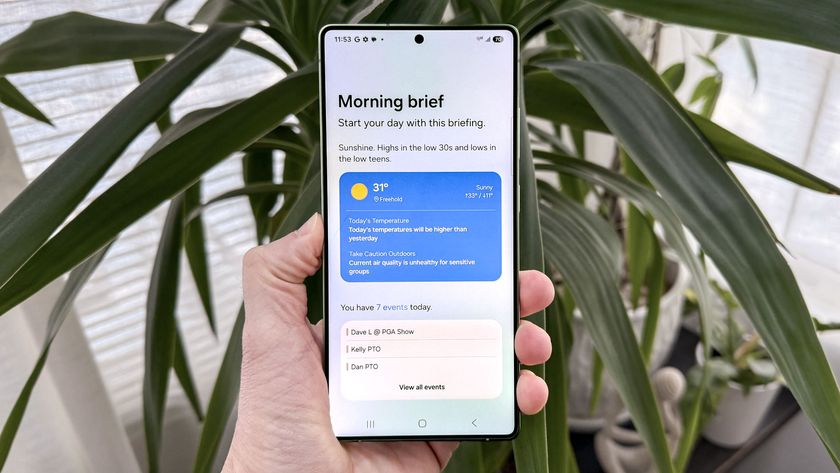

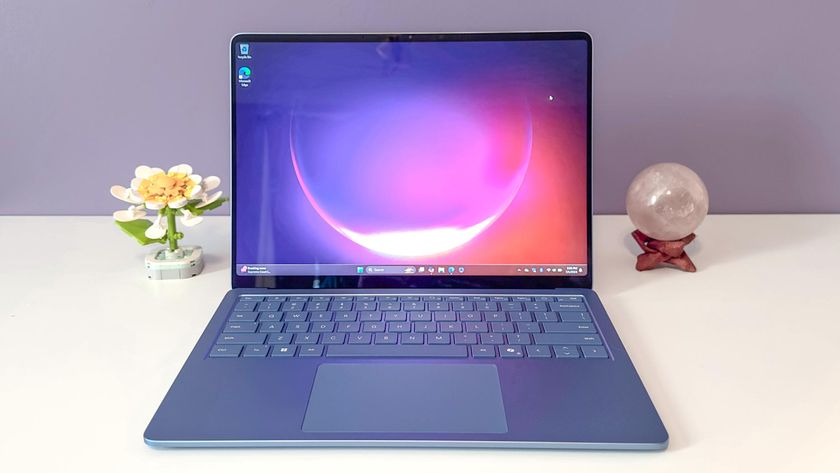




- 2




